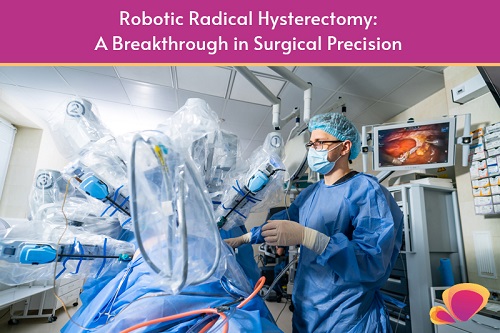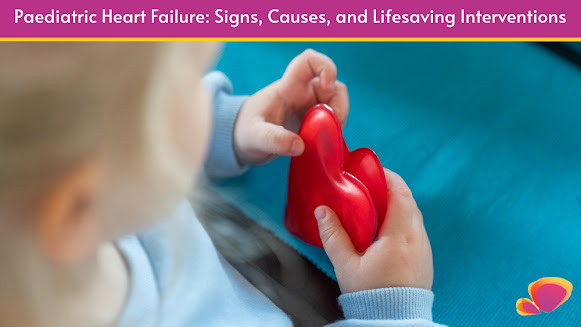Fatty liver disease is increasingly common due to sedentary lifestyles, poor dietary habits, and rising obesity. The good news is that diet and lifestyle changes can significantly improve liver health, and in many cases, even reverse the condition.
What Is the Best Diet for Fatty Liver Disease?
Many people ask, What is the best diet for fatty liver disease? A balanced diet rich in vegetables, fruits, whole grains, lean proteins, and healthy fats is ideal. Foods such as green leafy vegetables, oats, brown rice, legumes, nuts, seeds, and fatty fish help reduce liver fat and inflammation. Avoiding excess sugar, refined carbohydrates, fried foods, and alcohol is equally important for liver recovery.
How Much Weight Loss Is Needed to Reverse Fatty Liver?
A common concern is “how much weight loss is needed to reverse fatty liver?” Research shows that losing about 7–10% of body weight can significantly reduce liver fat and inflammation. Even gradual and sustained weight loss through healthy eating and regular exercise can make a noticeable difference.
Can Intermittent Fasting Improve Fatty Liver?
People often wonder, can intermittent fasting improve fatty liver? Intermittent fasting may help some individuals by improving insulin sensitivity and promoting weight loss. However, it should be followed carefully and under professional guidance, especially for those with diabetes or other medical conditions.
Also Read: Robotic Surgery in Liver Transplants – Transforming transplantation
Is Fatty Liver Linked to High Cholesterol?
Yes, is fatty liver linked to high cholesterol? Absolutely. Fatty liver is commonly associated with high cholesterol and triglyceride levels. Managing blood lipids through diet, physical activity, and medical advice is crucial for overall liver and heart health.
Best Dietitian in Trichy
Consulting the Best Dietitian in Trichy helps create a personalised, sustainable diet plan that supports liver healing while fitting your lifestyle. With the right nutritional guidance and consistency, fatty liver can be effectively managed and even reversed.




























